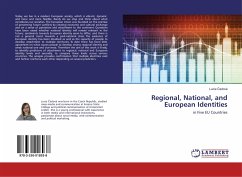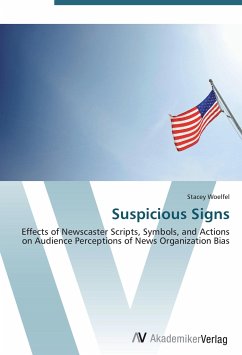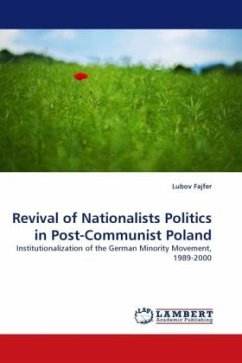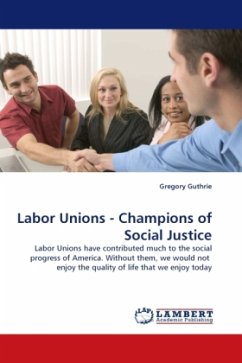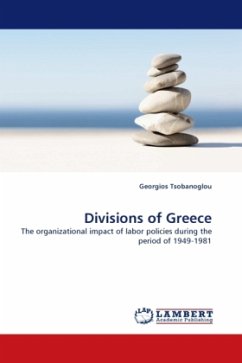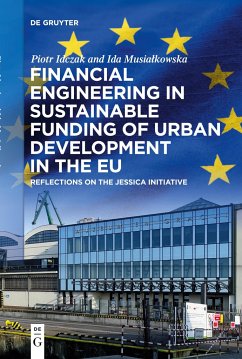
Any Signs of Organized Labor Revitalization in Poland?
Investigating Social Movement Unionism and Coalitions of Trade Unions and Social Movements
Versandkostenfrei!
Versandfertig in 6-10 Tagen
32,99 €
inkl. MwSt.

PAYBACK Punkte
16 °P sammeln!
Few ways to extend greater influence through bodies of collective interest representation are available to trade unions in Poland. I assess whether Polish trade unions are on the path of revitalization by investigating five different modes of union-movement coexistence. I look at joint association of members, permanent and discrete cooperation, learning by trade unions from social movements, active and passive outsourcing by trade unions, and ignoring of the social movements by the labor organizations. I use a statistical model to conclude that there are very limited potential for overlaps in ...
Few ways to extend greater influence through bodies of collective interest representation are available to trade unions in Poland. I assess whether Polish trade unions are on the path of revitalization by investigating five different modes of union-movement coexistence. I look at joint association of members, permanent and discrete cooperation, learning by trade unions from social movements, active and passive outsourcing by trade unions, and ignoring of the social movements by the labor organizations. I use a statistical model to conclude that there are very limited potential for overlaps in the groups of union members and civic activists. Interviews also demonstrate that large trade unions are hindered in building coalitions with social movements by the legacies of their politicization in the 1990s. Smaller and less centralized trade unions are more successful in it. Simultaneously, availability of the European structural funds is promising for future developments. Generally, Ifind very few signs of labor organizations forming coalitions with social movements or of the existing connections being conducive to union revitalization.




